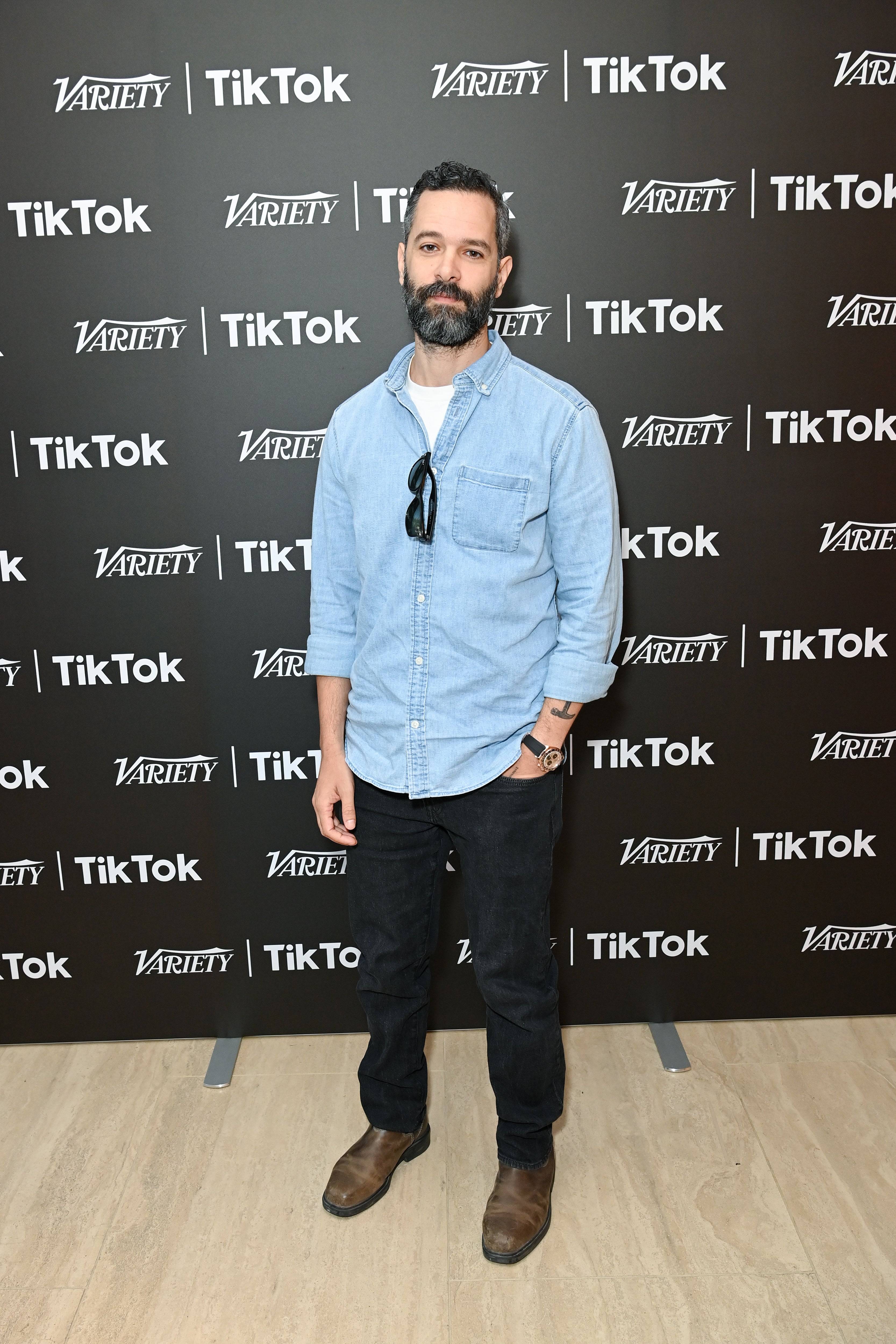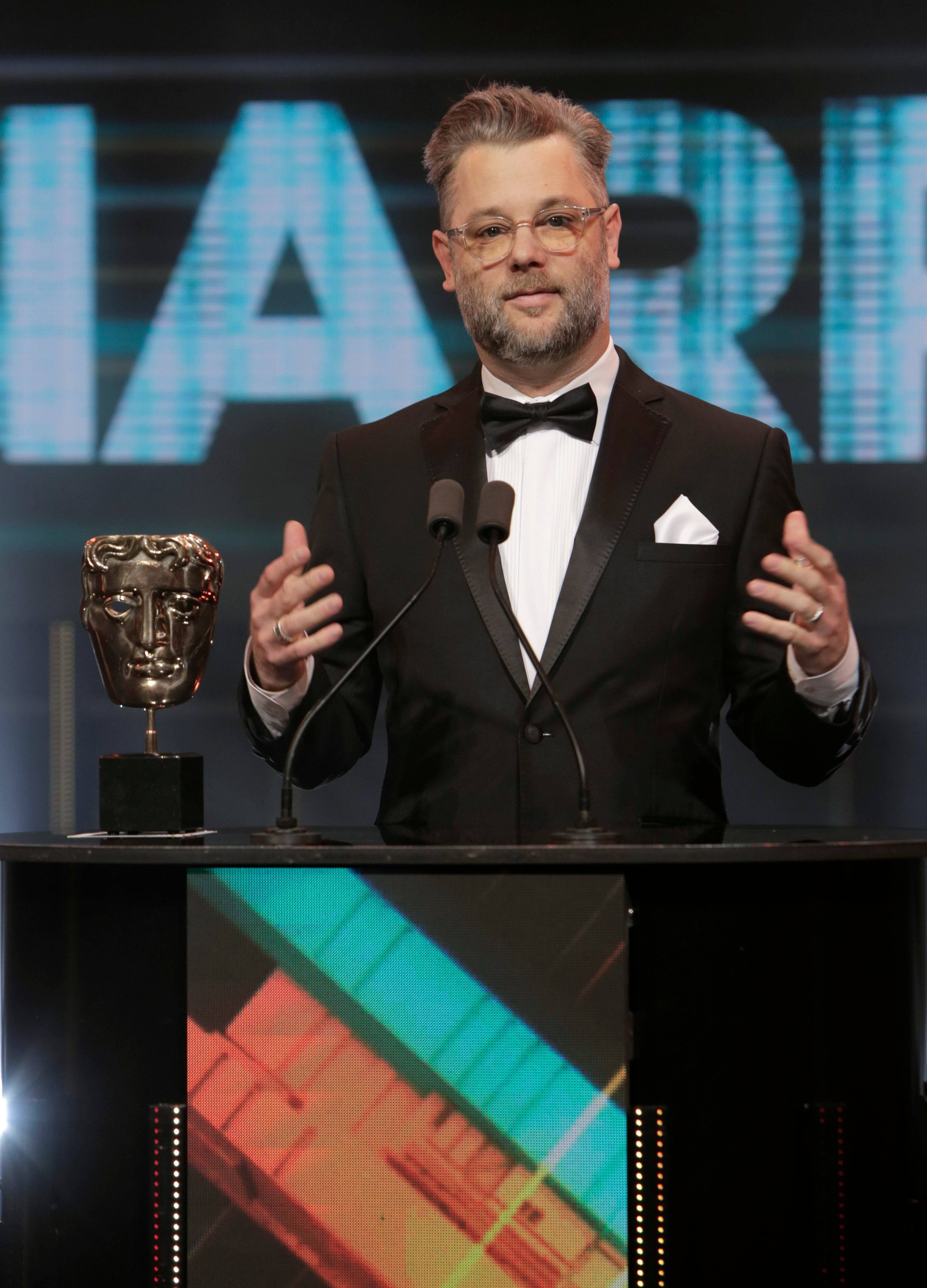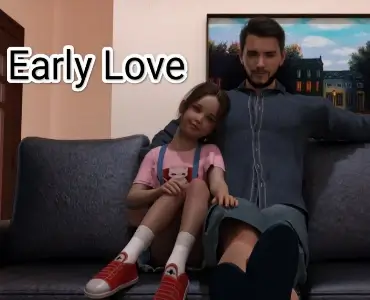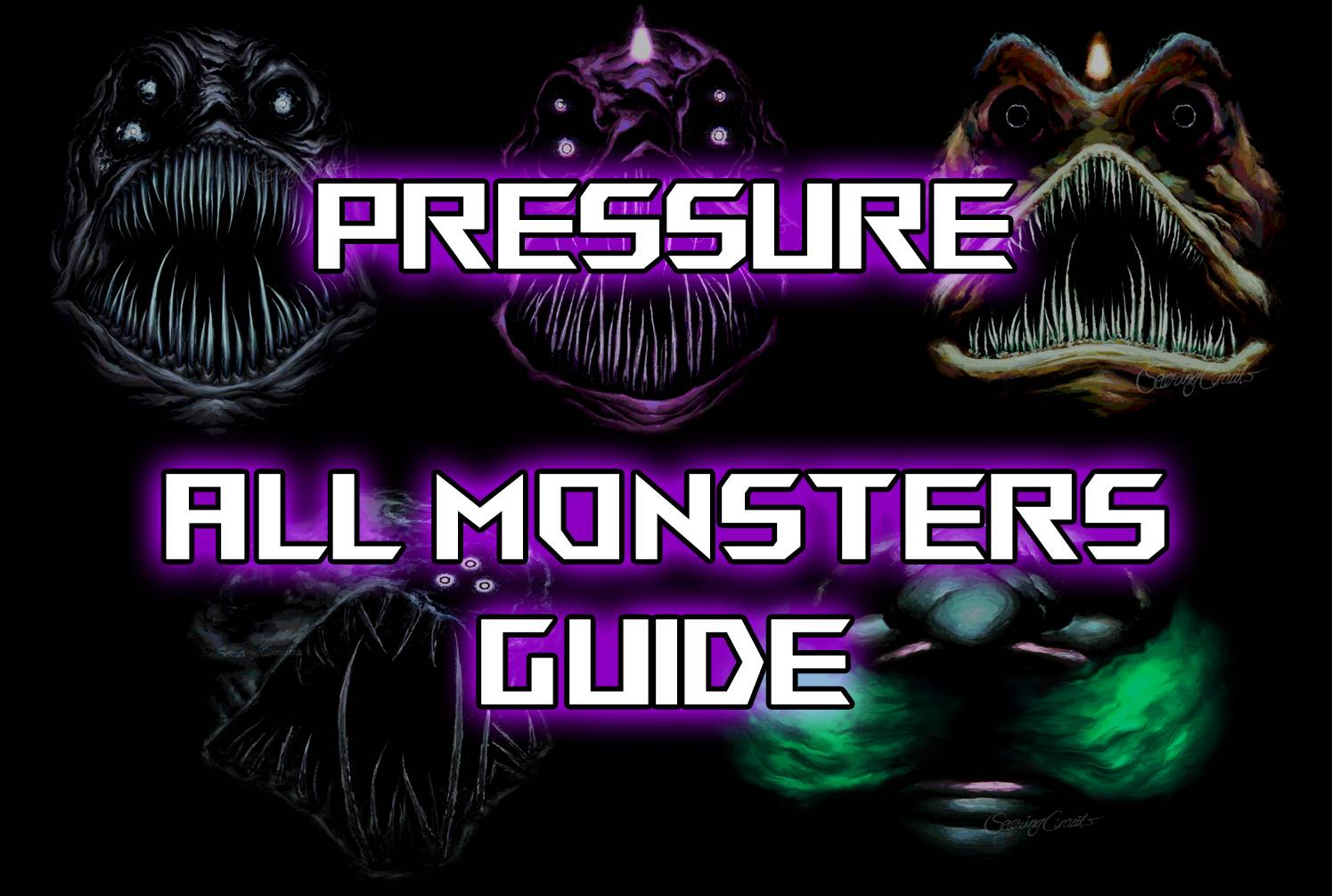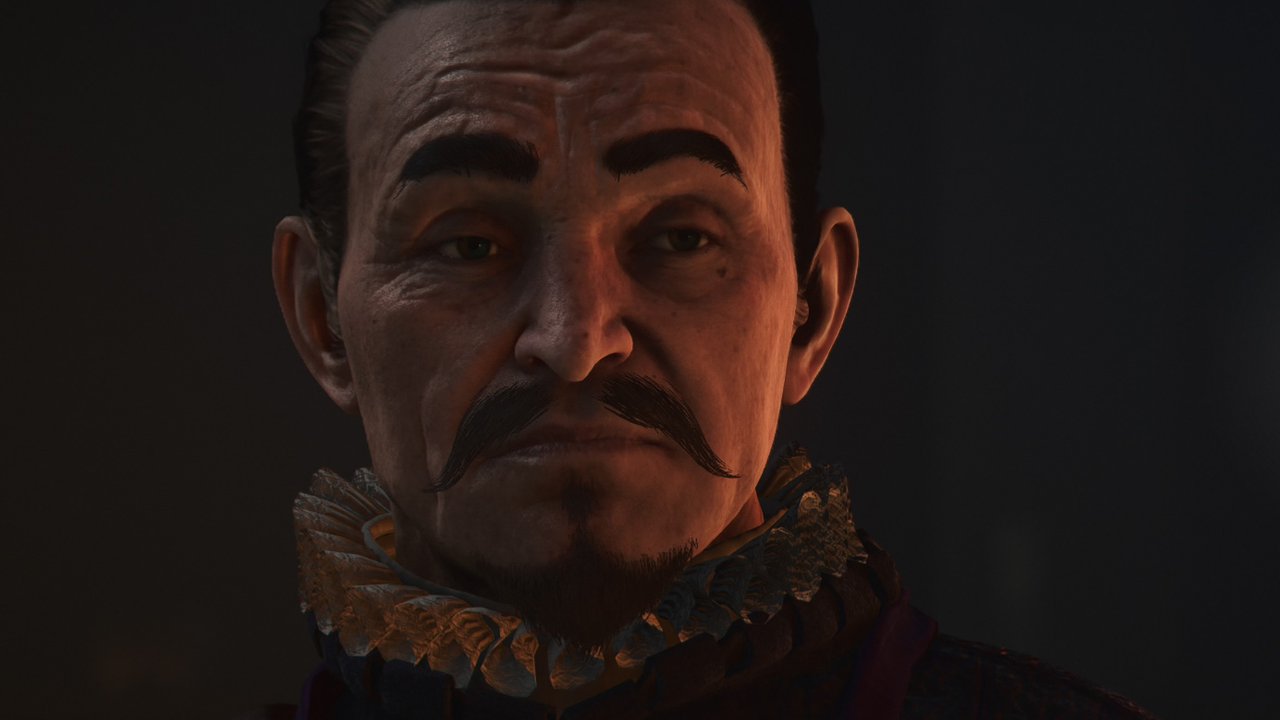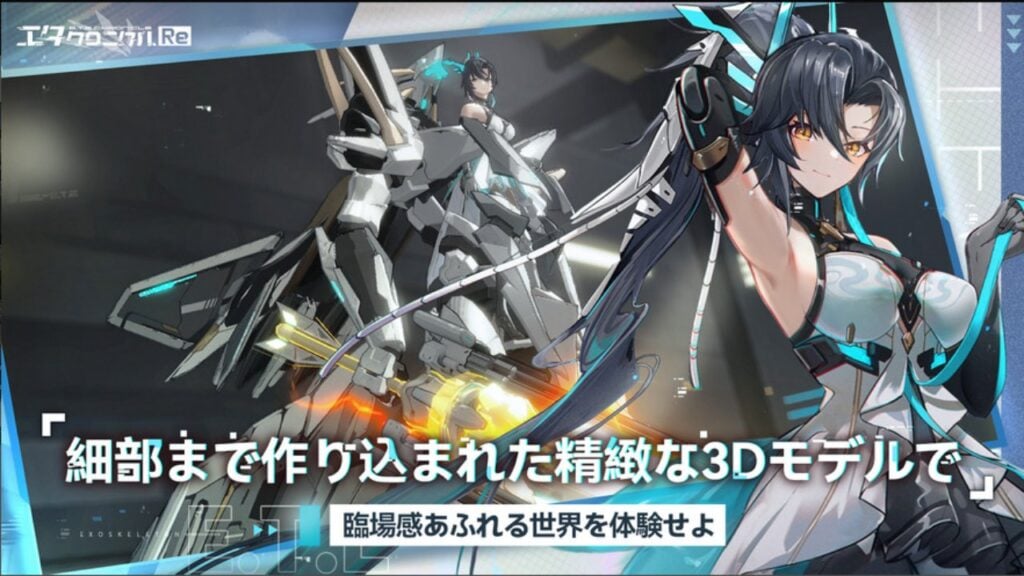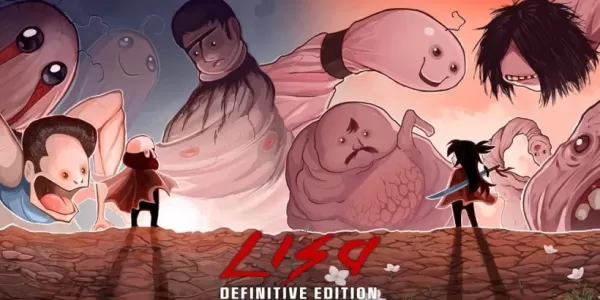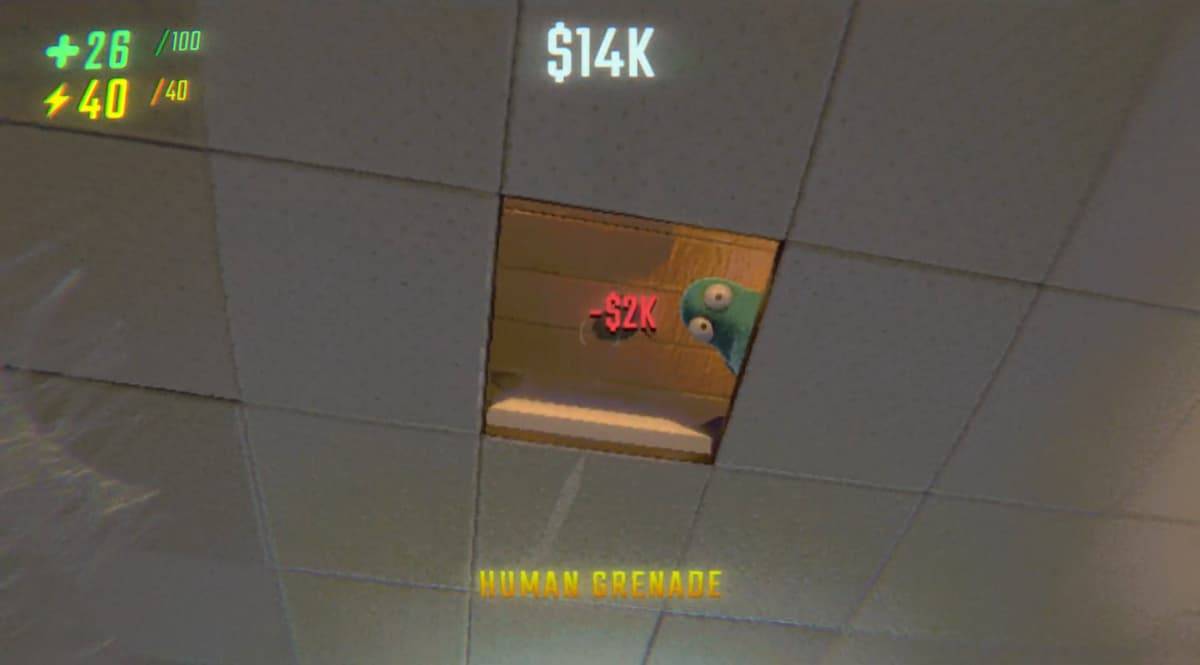At the DICE Summit in Las Vegas, Naughty Dog's Neil Druckmann and Sony Santa Monica's Cory Barlog discussed the pervasive theme of doubt in game development. Their hour-long conversation covered self-doubt, recognizing successful ideas, and approaching character development across multiple games.
Druckmann surprisingly revealed he doesn't plan sequels beforehand. He focuses intensely on the current game, treating each as a standalone project. Any sequel ideas are spontaneous, not pre-planned elements. For example, while creating The Last of Us Part II, any sequel concepts were secondary to the immediate task. He approaches each game with the mindset that it might be his last, ensuring he fully realizes his vision within that single title.
He explained this approach extends to his work, except for the Last of Us TV show, which has a multi-season format. Sequels, therefore, emerge from examining unresolved elements and character arcs from previous installments. If no compelling direction exists, he considers ending the character's journey. His approach to the Uncharted series exemplifies this; each game built upon the last, exploring new avenues for the protagonist without repetition. If a new direction isn't found, it prompts a reevaluation of the character's suitability or the need for a fresh concept.
Barlog, conversely, employs extensive long-term planning, connecting current projects to ideas conceived years prior. While this approach yields creative synergy, it's incredibly stressful due to the evolving team dynamics and shifting perspectives over time. This long-term planning requires a level of confidence Druckmann lacks, preferring to concentrate on immediate tasks.
The conversation shifted to their personal experiences with doubt and identifying successful creative concepts. Druckmann expressed his enduring passion for game development, highlighting its significance in his life, echoing Pedro Pascal's sentiment that creating art is the reason he wakes up each morning. Despite the challenges, including negativity and even threats, he cherishes the collaborative aspect of game creation.
Druckmann then posed a question to Barlog regarding the point of saturation in their careers, referencing Ted Price's recent retirement. Barlog responded honestly, stating the creative drive is relentless and never truly satisfied. Reaching a milestone only reveals another, taller mountain to climb. This relentless pursuit, he admitted, is both a blessing and a curse, driven by an internal compulsion that ignores advice to slow down or rest.
Druckmann shared a similar sentiment, but with a more measured perspective. He acknowledged the eventual need to step back, creating opportunities for others to rise. He's already reducing his day-to-day involvement, anticipating a gradual withdrawal from the intensive demands of game development. Barlog, playfully responding to Druckmann’s measured approach, jokingly announced his own retirement.
